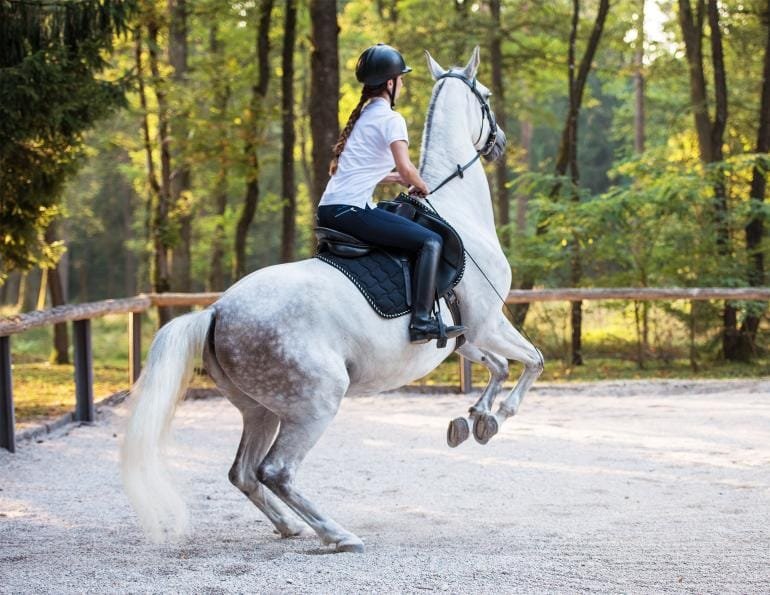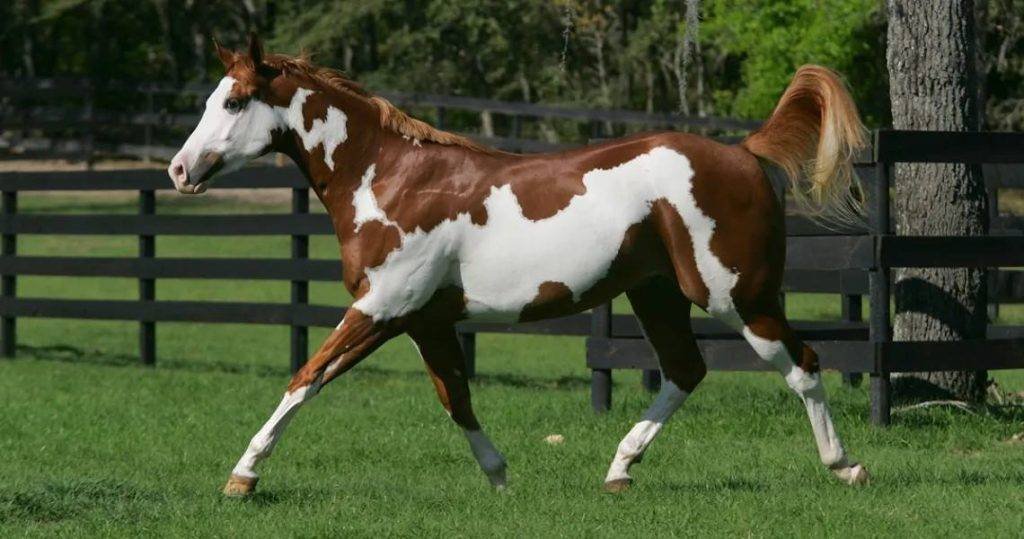Horses are known for their majestic presence and gentle nature.
A well-behaved horse can make riding, training, and caring for them a truly rewarding experience. However, there are times when a horse that was once calm, obedient, and respectful starts to show signs of undesirable behavior. Understanding why this happens is crucial to resolving the problem and restoring good behavior.
In this article, we’ll explore some common reasons why your horse’s good behavior might go bad, and how to address these issues.
1. Health Problems
One of the first things to consider when your horse’s behavior changes is its health. Horses can’t tell you when they are feeling unwell, but they can show signs of pain or discomfort through their actions. If your horse was once calm and obedient but suddenly becomes more irritable, aggressive, or reluctant to work, it may be due to an injury, illness, or discomfort.
Lameness, dental problems, colic, and back pain are some common health issues that can cause a shift in behavior. If you notice changes in your horse’s attitude, it’s essential to have a veterinarian check for any underlying health concerns. A healthy horse is more likely to exhibit positive behaviors, so regular checkups are crucial.
2. Inconsistent Training
Horses thrive on routine and consistency. If you suddenly change how you handle or train your horse, it may become confused or anxious. For example, if your horse has been trained to respond to certain commands in a specific way, but you suddenly use a different approach without clear communication, the horse may not understand what you want, leading to frustration.
Consistency in training is key to maintaining good behavior. Make sure you are using the same cues, rewards, and methods each time you interact with your horse. This will help reinforce positive behavior and prevent confusion.
3. Lack of Exercise or Mental Stimulation
A horse that isn’t getting enough exercise or mental stimulation can easily develop bad habits. Horses are intelligent animals that need physical and mental engagement. Without enough exercise, your horse may become bored, restless, or frustrated. These feelings can lead to undesirable behaviors like bucking, rearing, or refusing to follow commands.
Regular physical exercise, such as riding, lunging, or turnout in a pasture, helps keep a horse happy and healthy. Mental stimulation is equally important—activities like obstacle courses or ground exercises can keep your horse’s mind active. If your horse isn’t getting enough of either, its behavior may start to decline.
4. Changes in Environment
Horses are sensitive animals, and any change in their environment can affect their behavior. Moving to a new barn, introducing new horses, or even changhttps://horsej.b-cdn.net/files/styles/article_large/public/pictures-videos/articles/istock-504825710_-_simonkr-mainweb.jpg?itok=YeL-hSUKes in the weather can lead to stress or anxiety. If your horse’s good behavior suddenly goes bad, consider whether there have been any changes in its environment that might be causing stress.
To help your horse adjust, keep a consistent routine and allow it time to settle into the new surroundings. Gradually introduce new horses or people and give your horse a chance to get used to the changes. A stressed or anxious horse is more likely to exhibit negative behaviors, so ensuring a calm and familiar environment can help restore good behavior.
5. Lack of Clear Communication
Horses are highly intuitive animals, but they rely on clear, consistent communication from their owners. If your horse was once obedient but now seems to be misbehaving, it could be because your cues are unclear or inconsistent. Horses respond best when they understand exactly what is expected of them.
If you’re feeling frustrated or impatient, your body language and tone of voice may signal to your horse that it should be more defensive or hesitant. Try to remain calm and clear in your communication, and always reward positive behavior immediately. This reinforces the idea that your horse is doing the right thing.
6. Overtraining or Overworking
While regular exercise is important, overtraining or overworking your horse can lead to burnout. Horses, like humans, need time to rest and recover. If you push your horse too hard, especially without giving it enough time to rest, it may become tired, stressed, or resistant to work.
Make sure you balance your horse’s training with adequate rest periods. If your horse seems to be getting grumpy, unwilling to work, or acting out, consider whether it might be time for a break. A well-rested horse will be more willing and able to perform tasks well.
7. Behavioral Patterns and Age
Sometimes, a horse’s behavior changes as it matures. Young horses, for example, can be excitable and may show more energy or stubbornness as they grow. Similarly, older horses may become less willing to work due to physical limitations or reduced stamina. As horses age or go through different life stages, their behavior may naturally shift.
It’s important to adapt your training approach to your horse’s age and physical condition. What worked when your horse was younger may not be as effective as they mature or age.
Conclusion
A horse’s good behavior can go bad for a variety of reasons, including health issues, inconsistent training, lack of exercise, changes in environment, unclear communication, overtraining, and natural aging. Understanding the root cause of the behavior change is crucial to finding a solution. By paying attention to your horse’s health, maintaining consistent training, providing proper exercise, and offering a calm and supportive environment, you can help your horse regain its good behavior and continue to enjoy a positive relationship.




